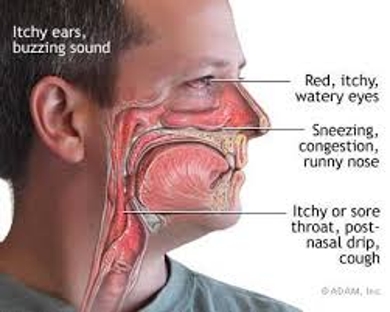

Diagnosis of GERD is frequently based on the clinical responses of cough to antireflux therapy rather than on objective assessments of GERD per se. Whilst classic GERD symptoms are present in 6–10% of chronic cough patients, GERD is clinically silent in up to 75% of patients with GERD-related cough. The clinical features of GERD-related cough include heartburn, regurgitation, and/or worsening of cough after foods or medications known to decrease lower esophageal sphincter-pressure, with extraesophageal manifestations such as hoarseness, wheezing, sore throat, chest pain, and globus also described. Gastroesophageal reflux disease (GERD) represents one of the three main causes of chronic cough (along with asthma and upper airways cough/postnasal drip syndrome), implicated in up to 41% of chronic cough patients. The otolaryngologist should be familiar with the diagnostic algorithm of chronic cough patients and should work closely with the gastroenterologist and the pulmonologist, ideally in “cough clinics,” to confidently diagnose and treat these patients.Ĭhronic nonspecific cough, defined as a nonproductive cough in the absence of identifiable respiratory disease or known cause persisting for more than three to eight weeks, poses a significant burden to healthcare costs and considerably impairs quality of life.


Thorough assessment of a patient with a chronic cough relies on a multidisciplinary approach. GERD is thought to be the most common cause of chronic cough in a nonsmoker nonasthmatic individual. Many patients experience chronic cough secondary to another medical condition, such as COPD, asthma, rhinosinusitis, Gastroesophageal reflux syndrome (GERD), postnasal drip syndrome (PNDS), or unknown etiology. Associated symptoms and negative outcomes with this condition include loss of sleep, exhaustion, irritability, urinary incontinence, cough syncope, social disability, and inability to perform daily activities. Chronic cough is associated with deterioration in the quality of patients' lives.

This condition generates significant healthcare and economic cost and is associated with a spectrum of disorders across multiple medical specialties and can provide significant challenges for the involved physician or surgeon. As the number of referrals of chronic cough patients to an Ear Nose Throat Clinic increases, the otolaryngologist plays a pivotal role in managing these difficult cases.Ĭhronic cough is a persistent and frustrating symptom for many adults and children and a frequent reason for primary or secondary care visits or referrals. Multidisciplinary assessment has also meant that at least some of these cases can be dealt with confidently in one stop clinics. Better diagnostic modalities, noninvasive tests, and high technology radiological and endoscopic innovations have made diagnosis of these difficult-to-treat patients relatively easier. Gastroesophageal reflux and postnasal drip syndrome remain one of the most common causes of chronic cough. The aim of this paper is to highlight the issues in diagnosis and management of chronic cough patients from the otolaryngologist perspective. Over the last years, general practitioners refer increasingly more chronic cough patients directly to the otolaryngologist. Chronic cough is a multifactorial symptom that requires multidisciplinary approach.


 0 kommentar(er)
0 kommentar(er)
